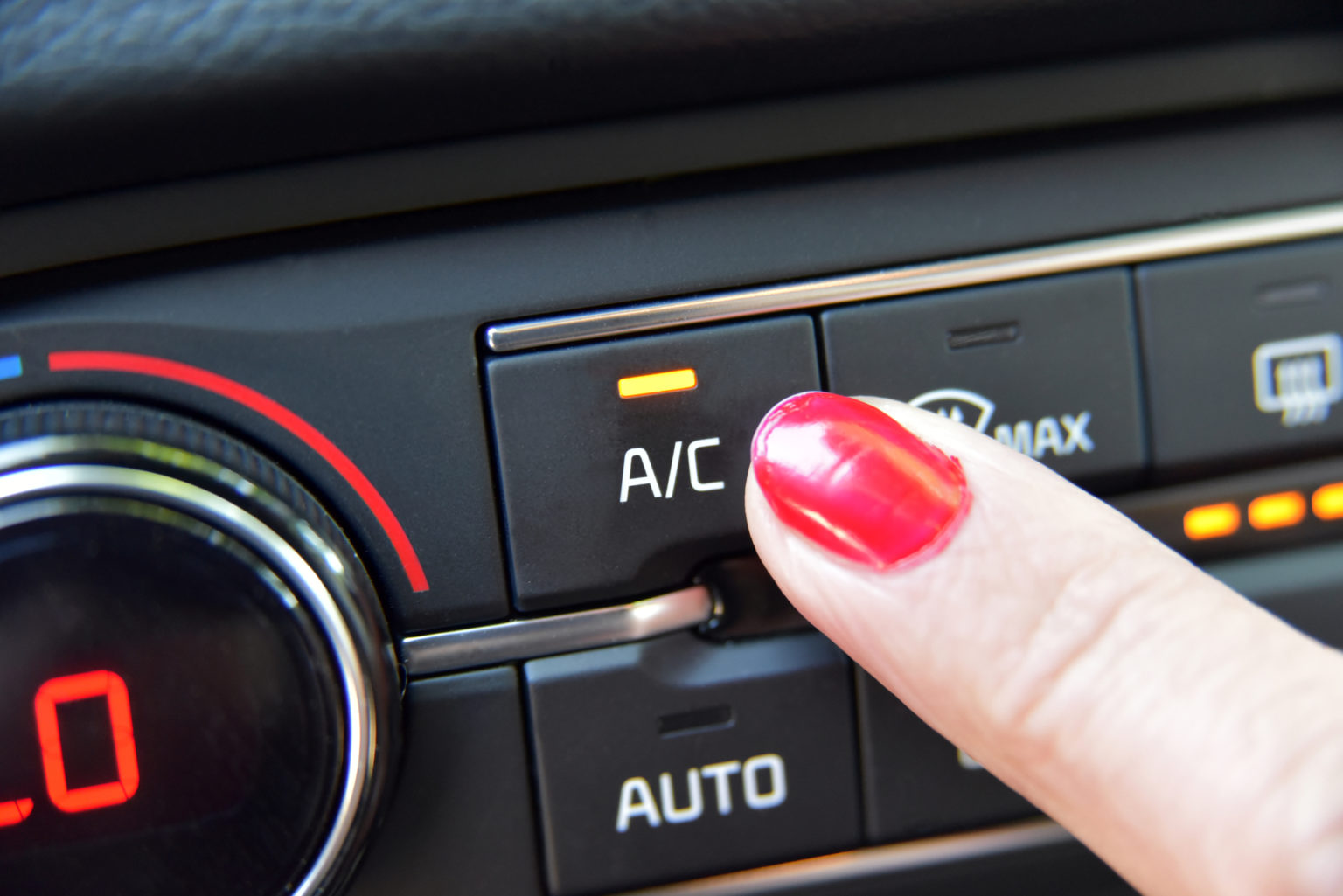

Articles
Car AC Makes Hissing Noise When Turned On
Modified: May 6, 2024
Learn why your car's AC makes a hissing noise when turned on in this informative article. Discover common causes and find solutions to fix this issue.
(Many of the links in this article redirect to a specific reviewed product. Your purchase of these products through affiliate links helps to generate commission for Storables.com, at no extra cost. Learn more)
Introduction
Turning on your car’s AC should provide a refreshing blast of cool air on a hot summer day. However, if you’re greeted with a hissing noise instead, it can be both concerning and frustrating. The hissing noise could indicate an underlying issue with your car’s AC system, which requires attention and troubleshooting to resolve.
In this article, we will explore the common causes of a hissing noise in a car’s AC system and discuss the necessary steps to identify and fix the problem. Whether it’s a simple fix or a more complex repair, understanding the possible culprits behind the hissing noise will help you make an informed decision about how to address the issue.
Before we dive into the potential causes, it’s important to note that while this article provides general guidance, it’s always recommended to consult with a professional or your trusted mechanic for a comprehensive diagnosis and repair of your car’s AC system.
Now, let’s explore the common causes of a hissing noise in a car’s AC system.
Key Takeaways:
- Don’t ignore a hissing car AC – it could be a refrigerant leak, compressor issue, or vent obstruction. Prompt inspection and professional assistance are crucial for a cool, quiet ride.
- Addressing hissing noises in your car’s AC system requires careful diagnosis and potential component cleaning or replacement. Trust a professional for accurate and effective repairs.
Read more: Car Making Noise When AC Is On
Common Causes of a Hissing Noise in a Car AC
A hissing noise coming from your car’s AC system can be attributed to various causes. Identifying the specific cause will help you determine the necessary steps to resolve the issue. Here are some common culprits behind the hissing noise:
- Refrigerant Leakage: One of the primary causes of a hissing noise in a car’s AC system is a refrigerant leak. The refrigerant, responsible for cooling the air, can escape through small cracks or holes in the AC system. This leakage not only affects the cooling efficiency but also leads to a hissing sound as the refrigerant escapes under pressure.
- AC Compressor Issues: The AC compressor plays a crucial role in the AC system, as it pressurizes and circulates the refrigerant. If the compressor is faulty or damaged, it can cause a hissing noise when the AC is turned on. Common issues that can lead to compressor problems include worn-out seals, damaged pistons, or a malfunctioning clutch.
- AC Expansion Valve Problems: The AC expansion valve regulates the flow of refrigerant into the evaporator. If it gets clogged with debris or becomes faulty, it can create a hissing noise as the refrigerant tries to pass through. Cleaning or replacing the expansion valve may be necessary to eliminate the hissing noise.
- AC Condenser Issues: The AC condenser is responsible for dissipating heat from the refrigerant. If the condenser fins are damaged, bent, or obstructed, they can lead to reduced airflow and cause a hissing noise. Additionally, a damaged condenser can result in refrigerant leaks, exacerbating the hissing noise.
- Issues with the AC Vent: Sometimes, the hissing noise in a car’s AC system may not be directly related to the components but rather the vents themselves. Obstructions or loose parts in the AC vent can disrupt the airflow, leading to a hissing sound. Checking and cleaning the vents may help resolve this issue.
While these are common causes of a hissing noise in a car’s AC system, it’s important to remember that each case is unique, and the specific cause may vary. Proper diagnosis and inspection by a professional are essential to accurately identify and address the underlying problem.
Checking for Leaks in the AC System
If you suspect a refrigerant leak as the cause of the hissing noise in your car’s AC system, it’s essential to check for leaks as a first step. Follow these steps to inspect for leaks:
- Visual Inspection: Start by visually inspecting the AC components, including the hoses, fittings, and connections. Look for signs of oil or refrigerant stains, which can indicate a leak. Pay close attention to any visible cracks, holes, or damage in the AC system.
- UV Dye Test: In some cases, refrigerant leaks may be hard to detect visually. Consider adding UV dye to the AC system. This dye will help identify leaks with the use of a UV light. Consult your car’s manual or a professional technician to determine the appropriate type of dye for your AC system.
- Pressure Test: A pressure test, also known as a leak-down test, can help determine if there are leaks in the AC system. This test requires specialized equipment and is typically performed by a professional technician. During a pressure test, the AC system is pressurized with nitrogen or a refrigerant substitute, and the pressure is monitored for any significant drop, indicating a leak.
- Electronic Leak Detector: Another method to detect refrigerant leaks is by using an electronic leak detector. This device can detect the presence of refrigerant in the air around the AC system. Move the leak detector around the AC components and connections, and if it indicates a leak, further inspection and repair will be necessary.
- Professional Inspection: If you’re unsure about performing the leak detection yourself or if the leak is not easily detectable, it’s best to consult with a professional technician. They have the expertise and specialized tools to conduct a thorough inspection of the AC system and accurately locate any leaks that may be causing the hissing noise.
Remember, refrigerant leaks can be harmful to the environment and impact the performance of your car’s AC system. If you suspect a leak, it’s important to address it promptly and seek professional assistance if needed.
Repairing or Replacing the AC Compressor
If the hissing noise in your car’s AC system is caused by a faulty or damaged AC compressor, you may need to repair or replace the compressor. Here’s what you need to know:
- Diagnosis: Before taking any action, it’s crucial to accurately diagnose the issue as a compressor problem. A professional technician can perform tests and inspections to determine if the compressor is the source of the hissing noise.
- Repairing the Compressor: In some cases, the issue with the compressor may be fixable. For example, if the compressor clutch is malfunctioning, it may be replaced separately without having to replace the entire compressor unit. However, it’s important to note that not all compressor issues can be repaired, and replacing the compressor may be necessary.
- Replacing the Compressor: If the compressor is severely damaged or beyond repair, replacing it with a new unit is the recommended course of action. The replacement process involves evacuating the refrigerant, removing the old compressor, installing the new one, and recharging the system with the proper amount of refrigerant.
- Professional Assistance: Working on the AC compressor can be complex and requires specialized knowledge and tools. It’s recommended to seek the expertise of a professional technician to ensure proper diagnosis, repair, or replacement of the compressor. They can also help confirm if the compressor is the direct cause of the hissing noise or if there are other contributing factors.
Remember, the AC compressor is a critical component of the AC system, and any repairs or replacements should be handled with care to ensure the proper functioning of your car’s AC system.
Check the AC compressor for any leaks or damage to the hoses. A hissing noise could indicate a refrigerant leak, which should be addressed by a professional to avoid further damage to the system.
Cleaning or Replacing the AC Expansion Valve
If the hissing noise in your car’s AC system is attributed to issues with the AC expansion valve, cleaning or replacing the valve may be necessary. Here’s what you need to know:
- Diagnosis: Begin by diagnosing if the AC expansion valve is the cause of the hissing noise. A professional technician can perform tests and inspections to confirm the valve’s functionality and identify any blockages or malfunctions.
- Cleaning the Expansion Valve: If the AC expansion valve is clogged with debris or dirt, cleaning it may resolve the hissing noise issue. The valve can be removed and carefully cleaned using an appropriate solvent or cleaning solution. However, it’s important to exercise caution and follow manufacturer guidelines or seek professional assistance to ensure proper cleaning procedures.
- Replacing the Expansion Valve: If cleaning the AC expansion valve does not resolve the problem or if the valve is damaged or faulty, replacement may be necessary. The replacement process involves removing the old valve and installing a new one. It’s important to choose the correct replacement part that matches the specifications of your car’s AC system.
- Professional Assistance: Cleaning or replacing the AC expansion valve requires technical expertise and knowledge. If you’re unsure about the process or if the valve is difficult to access, it’s recommended to seek the assistance of a professional technician. They can ensure proper diagnosis, cleaning, or replacement of the expansion valve to eliminate the hissing noise.
Keep in mind that the AC expansion valve plays a crucial role in regulating the flow of refrigerant in the AC system. Proper cleaning or replacement will help ensure optimal performance and resolve the hissing noise issue in your car’s AC system.
Read more: AC Making Noise When Turned On
Fixing Issues with the AC Condenser
If the hissing noise in your car’s AC system is originating from issues with the AC condenser, it’s important to address these problems promptly. Here’s what you need to know:
- Inspection: Begin by visually inspecting the AC condenser. Check for any visible damage, such as bent or damaged condenser fins. Additionally, ensure that there are no obstructions blocking the airflow to the condenser. If there are any noticeable issues, further steps may be required.
- Condenser Fin Straightening: If the condenser fins are bent or damaged, causing airflow restriction and hissing noise, you can attempt to straighten them. Gently use a fin comb or a similar tool to straighten the fins without applying excessive force. Take care not to damage the fins further during this process.
- Condenser Cleaning: Over time, the condenser can accumulate dirt, debris, and other contaminants that can hinder its performance and cause the hissing noise. Cleaning the condenser can help resolve airflow issues and address the noise problem. Use a condenser cleaner or a mild detergent and water solution to clean the condenser carefully. Rinse it thoroughly and allow it to dry before reinstalling it.
- Condenser Replacement: If the condenser fins are severely damaged, the condenser is leaking, or other significant issues are present, replacing the condenser may be necessary. This process involves evacuating refrigerant, removing the old condenser, installing a new one, and recharging the system with the appropriate amount of refrigerant. It’s recommended to consult with a professional technician for condenser replacement.
- Professional Assistance: While you can attempt to straighten or clean the condenser yourself, it’s important to exercise caution and follow proper procedures. If you’re unsure about the extent of the damage or if the condenser requires replacement, it’s best to seek the assistance of a professional technician. They have the expertise and tools necessary to accurately diagnose and repair condenser-related issues.
By addressing issues with the AC condenser in a timely manner, you can restore proper airflow and eliminate the hissing noise in your car’s AC system, ensuring optimal cooling performance.
Troubleshooting AC Hissing Noise from the Vent
If you’re experiencing a hissing noise coming specifically from the AC vents in your car, there could be a few possible causes. Let’s explore some troubleshooting steps to help resolve this issue:
- Check for Obstructions: Start by checking the vents for any visible obstructions such as debris, leaves, or objects that may be blocking the airflow. Clear out any obstructions that you find, ensuring that the vents are clean and unobstructed.
- Inspect the Blower Fan: The blower fan is responsible for pushing air through the AC system and into the vents. If the fan blades are damaged or loose, it can create a hissing noise. Carefully inspect the blower fan and ensure that it’s in good condition. If there are any issues, consider replacing the fan for optimal performance.
- Check the Air Filters: Dirty or clogged air filters can impede airflow and cause unusual noises. Locate the air filters in your car and inspect them for dirt, debris, or excessive dust build-up. If necessary, clean or replace the filters to improve airflow and reduce noise.
- Inspect the Ductwork: The ductwork carries the cooled or heated air from the AC system to the vents. Any leaks, loose connections, or damages in the ductwork can create hissing or whistling noises. Conduct a visual inspection of the ductwork and ensure that there are no visible issues. If you notice any damages or leaks, consider repairing or replacing the affected sections.
- Professional Inspection: If you’ve gone through the troubleshooting steps mentioned above and the hissing noise persists, it’s advisable to consult a professional technician. They will have the expertise and specialized tools to diagnose and resolve any complex issues with your car’s AC system, ensuring that the vents are functioning optimally.
Remember, troubleshooting AC vent hissing noises may require a combination of cleaning, repairs, or professional intervention. By addressing potential causes systematically, you can improve the performance of your car’s AC system and enjoy a quiet and comfortable driving experience.
Conclusion
Hearing a hissing noise when you turn on your car’s AC can be disconcerting, but understanding the common causes and troubleshooting steps can help you identify and address the issue. Whether the hissing noise is due to refrigerant leaks, AC compressor problems, issues with the expansion valve or condenser, or even obstructions in the vents, taking the right steps can resolve the problem and restore the functionality of your car’s AC system.
When faced with a hissing noise in the car’s AC system, it’s important to start with a visual inspection and perform necessary diagnostic tests. Cleaning or replacing components like the expansion valve or condenser, as well as repairing or replacing the AC compressor, may be necessary depending on the specific issue. Checking for leaks and addressing any obstructions in the vents are also vital troubleshooting steps.
However, it’s important to recognize that car AC systems can be complex, and attempting repairs without the required knowledge and expertise can lead to further complications. In such cases, it’s advisable to seek the assistance of a professional technician who can accurately diagnose and address the underlying problem.
By addressing the hissing noise and resolving any issues with the AC system, you can enjoy a comfortable and quiet driving experience, especially during hot summer months. Regular maintenance and prompt attention to any unusual noises or issues will help keep your car’s AC system in optimal condition and ensure consistent cooling performance.
Remember, this article provides general guidance, but it’s always recommended to consult with a professional or trusted mechanic for a thorough diagnosis and repair of your car’s AC system to ensure safety and proper functioning.
Now that you've got a handle on what might be causing that pesky hissing noise in your car's AC, you'll likely need some professional help or further guidance. Wondering where to turn for reliable car AC repair services or how to pinpoint that leak yourself? We've got articles lined up just for you. Whether you're looking to solve the problem on your own or prefer a skilled technician to take a look, we have all the information you need. Don't let a malfunctioning AC get you down—help is just a click away.
Frequently Asked Questions about Car AC Makes Hissing Noise When Turned On
Was this page helpful?
At Storables.com, we guarantee accurate and reliable information. Our content, validated by Expert Board Contributors, is crafted following stringent Editorial Policies. We're committed to providing you with well-researched, expert-backed insights for all your informational needs.
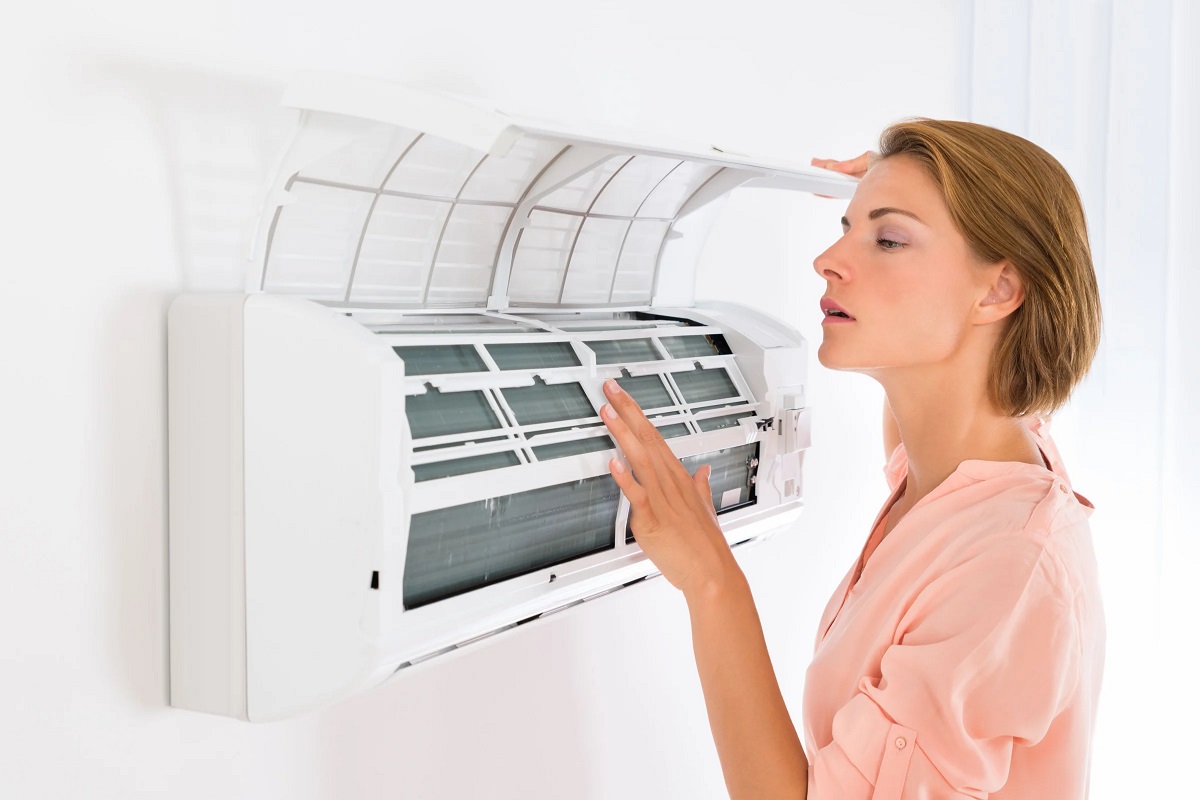



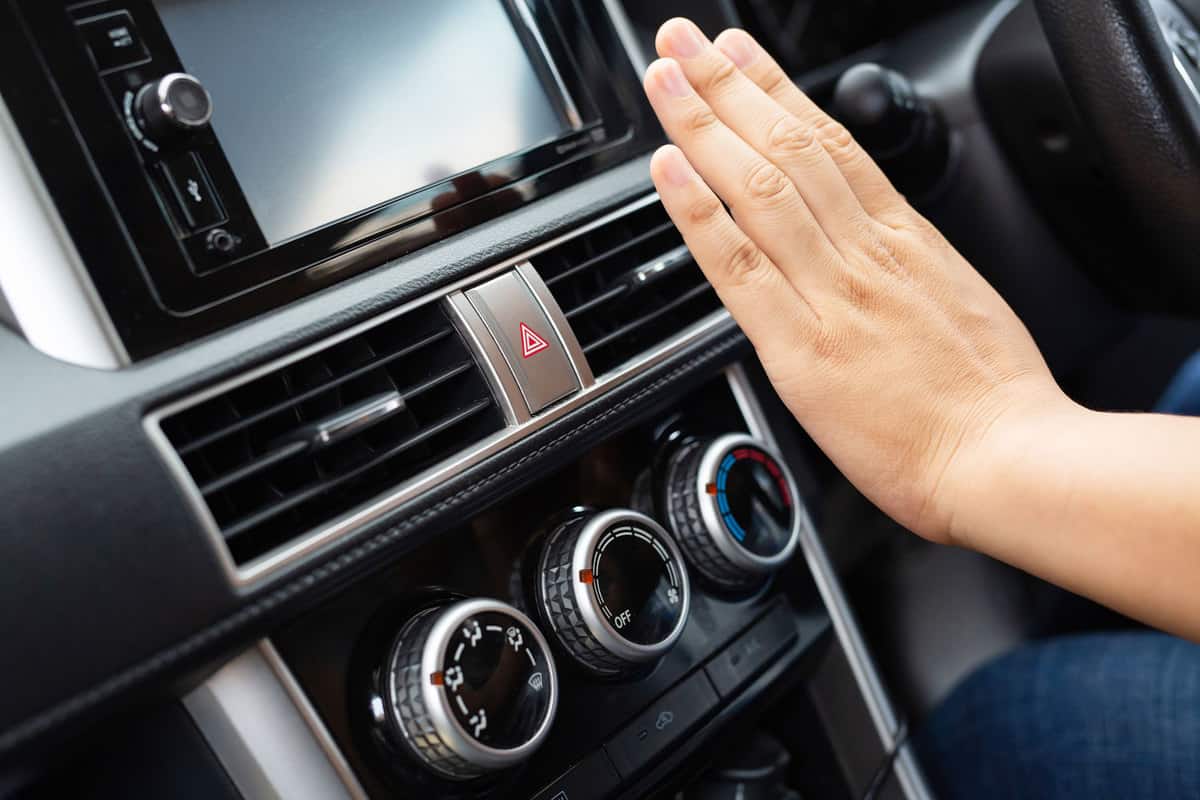




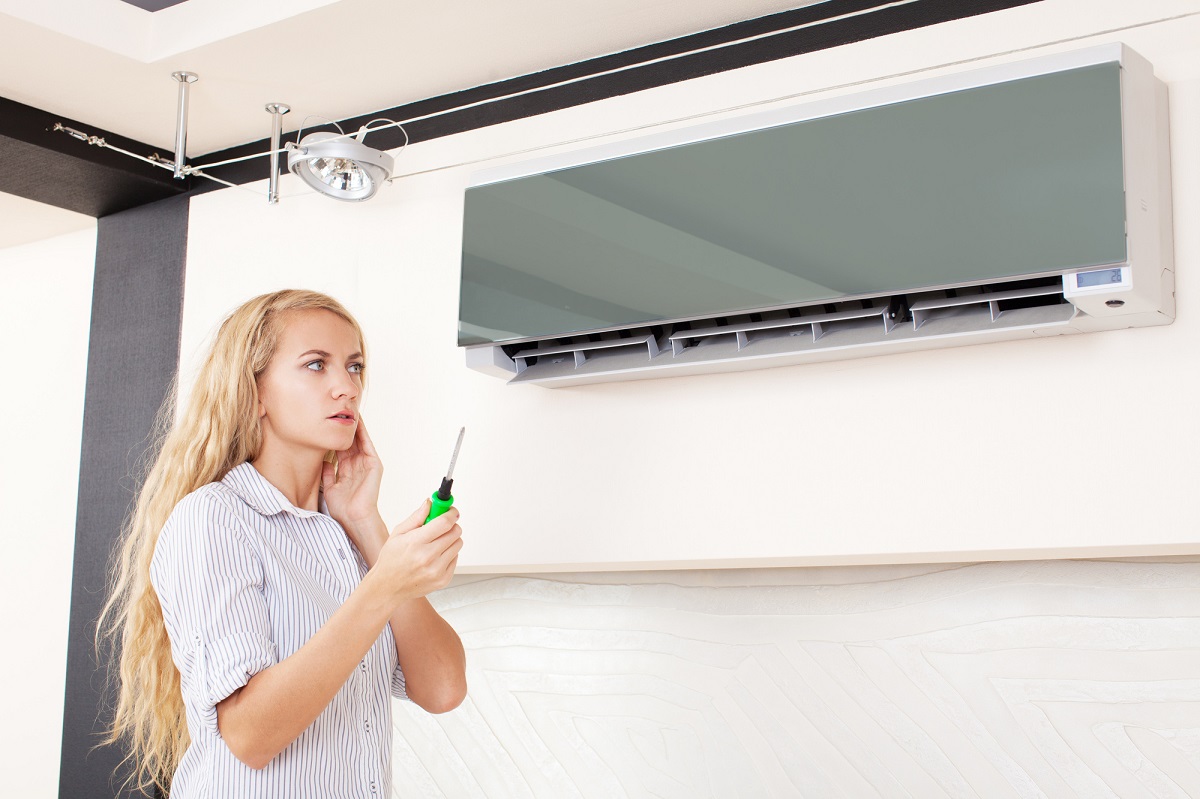
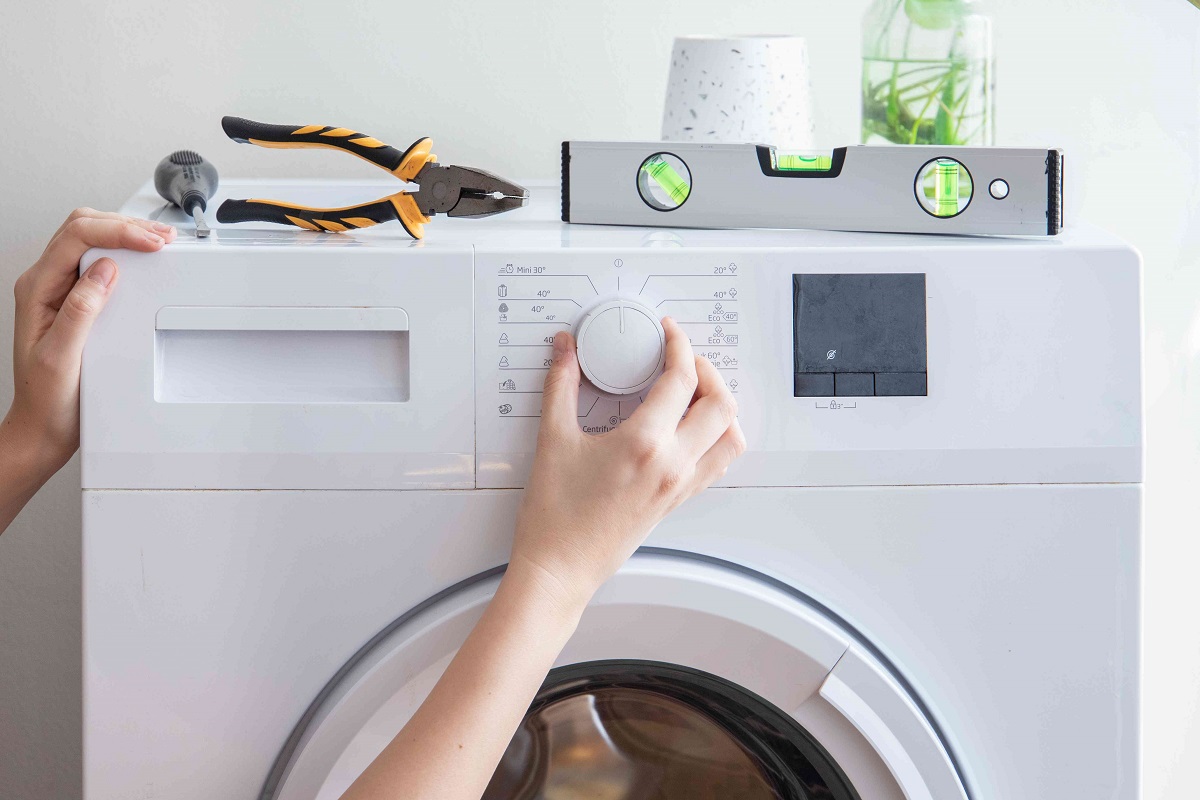
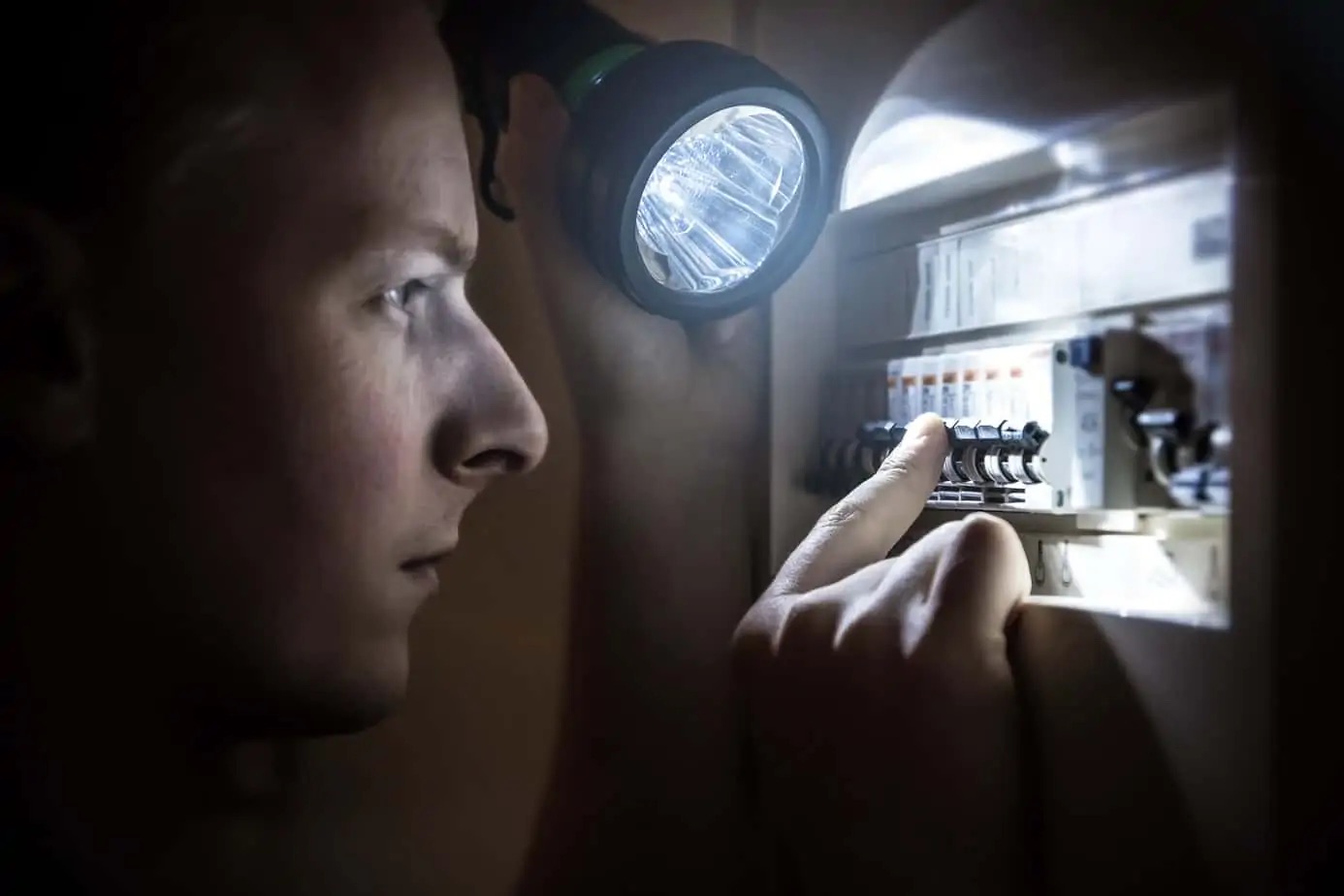
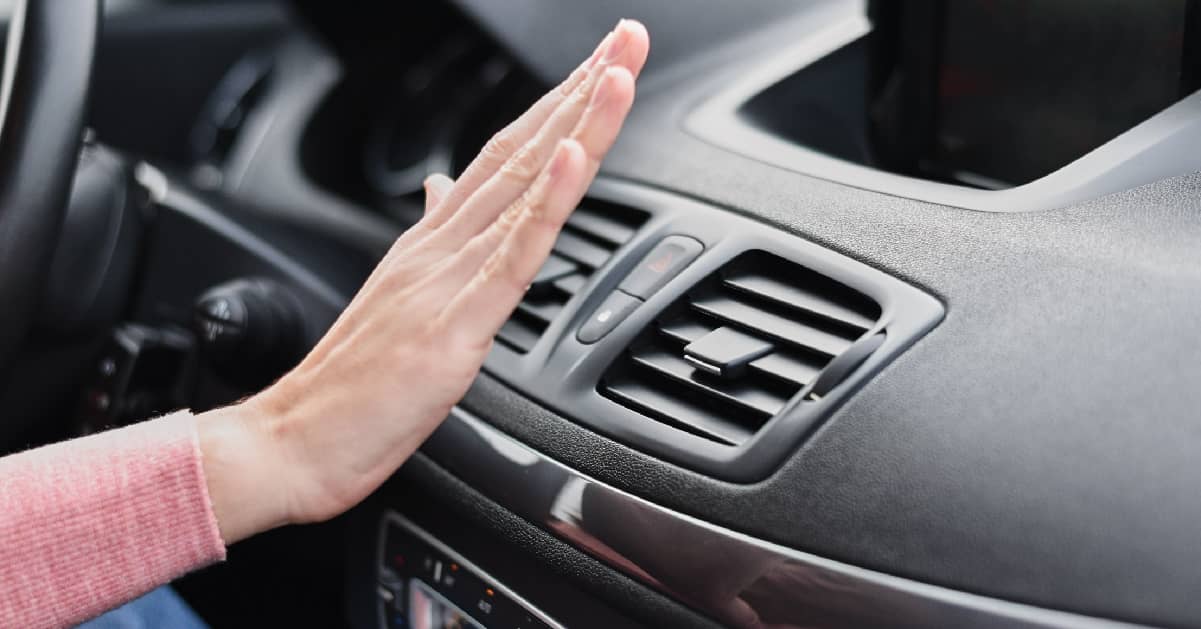
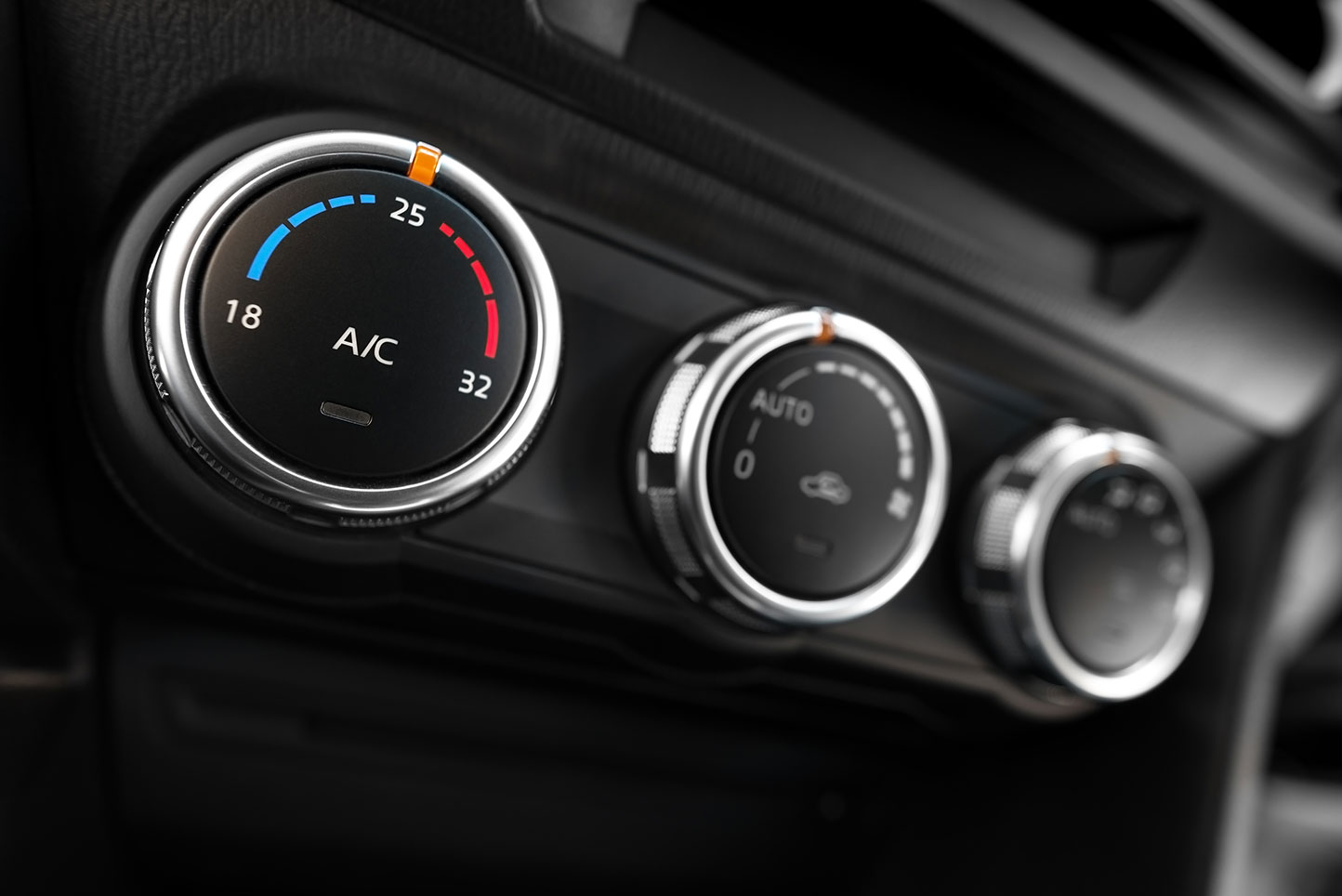

0 thoughts on “Car AC Makes Hissing Noise When Turned On”